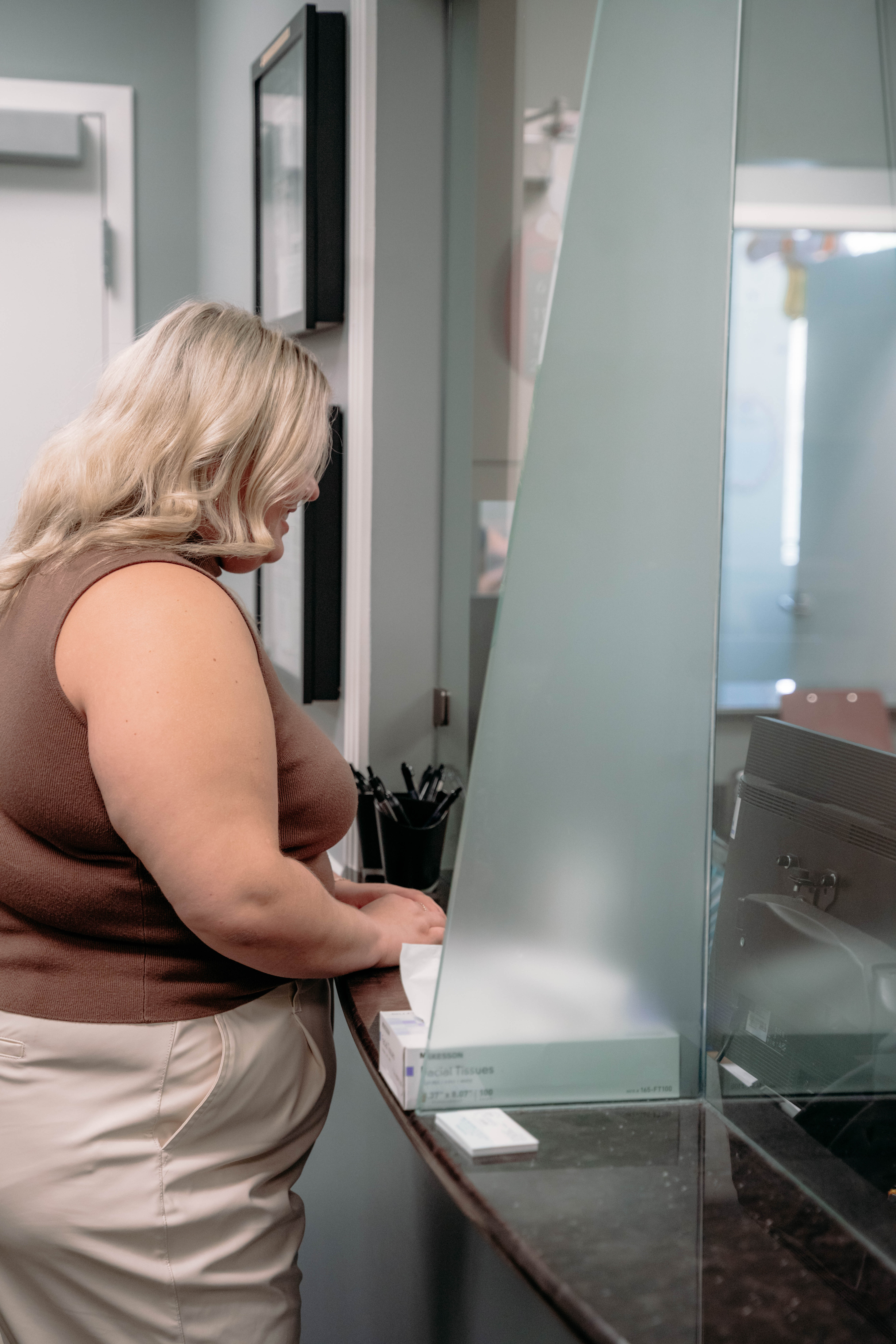Are you trying to conceive or do you feel like you may be pregnant? There are some signs that can indicate pregnancy. However, signs of early pregnancy can vary for each individual.
Some women start feeling their body change quickly within the first month of pregnancy and some may not notice any symptoms at all. Symptoms of early pregnancy often include a missed period, fatigue, increased need to urinate, and morning sickness, along with swollen and tender breasts.
How quickly can I find out if I am pregnant?
You may recognize some signs of early pregnancy although the best way to know if you are indeed pregnant is to take a pregnancy test. When you take a pregnancy test, it is measuring a hormone called human chorionic gonadotropin (hCG). This hormone begins building up in your body at the moment of conception and will multiply rapidly at the beginning of your pregnancy.
Even though hCG appears early in the pregnancy, it will take some time for your body to build up enough of this hormone for it to register on a pregnancy test. Generally, it takes about three to four weeks from the first day of your last period before there is enough hCG in your body for a positive pregnancy test.
It is best to wait to take a pregnancy test after your first missed period in order to receive accurate results. If you take the test before your first missed period it may display a negative result, even if you are actually pregnant.
What is the best way to check for early pregnancy?
Start with a home pregnancy test, they are generally very reliable. Carefully read the instructions on the packaging. It will guide you through the correct steps for that particular test. Within a few minutes, the test will show either a positive or negative result. There are digital tests that will display a word or phrase, such as, pregnant or not pregnant. If the pregnancy test indicates a positive result be sure to schedule an appointment with your healthcare provider.
Blood tests that are done in your healthcare provider’s office are another way to receive an accurate pregnancy test. This version of the test looks for hCG in your blood. You still need to wait for hCG to build up in your body before taking this type of pregnancy test.
Five Common Signs Of Pregnancy
Not everyone will share the same experience and you may not have all of these symptoms.
Common symptoms of early pregnancy:
- Missed period. If you’re in your childbearing years and a week or more has passed without starting an expected menstrual cycle, you could be pregnant. This symptom can be misleading if you often experience irregular menstrual cycles.
- Tender, swollen breasts. Early in a pregnancy hormonal changes occur and can make your breasts sensitive and sore. The discomfort will more than likely decrease after a few weeks as your body adjusts to hormonal changes.
- Nausea with or without vomiting. Morning sickness can occur at any time of the day or night. Morning sickness often begins one to two months after you become pregnant. Some women feel nausea earlier and some never experience it. While the cause of nausea during pregnancy isn’t always clear, hormones are likely to play a role.
- Increased urination. You may find yourself needing to use the bathroom more often. The amount of blood in your body increases during pregnancy. This causes your kidneys to process extra fluid that ends up in your bladder.
- Fatigue. Fatigue also plays a big role as one of the early symptoms of pregnancy. No one knows for certain what causes sleepiness during the first trimester of pregnancy. However, a rapid rise in the levels of the hormone progesterone during early pregnancy might be the contributing factor to fatigue.
Other Signs & Symptoms Of Pregnancy
Some less obvious signs and symptoms of pregnancy that you might experience during the first trimester include:
- Moodiness. Your body experiences an influx of hormones early in pregnancy. Which can make you unusually emotional and weepy.
- Bloating. Changes in your hormones that happen during early pregnancy can cause you to feel bloated, similar to how you might feel at the start of a menstrual period.
- Light spotting. Light spotting may be one of the first signs of pregnancy. Known as implantation bleeding, it happens when the fertilized egg attaches to the lining of the uterus — about 10 to 14 days after conception. Implantation bleeding occurs around the time you would expect to have a menstrual period. However, not all women have it.
- Cramping. Women sometimes experience mild uterine cramping early in pregnancy.
- Constipation. Hormonal changes cause your digestive system to slow down, which can often develop into constipation.
- Food aversions. Pregnant women may become more sensitive to certain odors and their sense of taste might change too. Like most other symptoms of pregnancy, these food preferences can be chalked up to… you guessed it, hormonal changes.
- Nasal congestion. The increasing hormone levels and blood production can cause the mucous membranes in your nose to swell or maybe even dry out. This might cause you to have a nose bleed or stuffy, runny nose.
Is it possible to experience symptoms of early pregnancy and not be pregnant?
Many symptoms of early pregnancy can overlap with other medical conditions, as well as your typical menstrual cycle. PMS can be very similar to pregnancy symptoms. Making it difficult to tell the difference. Some women can miss a period without being pregnant. This can happen when you exercise in extreme amounts, lose or gain a lot of weight, or even if you are stressed. Breastfeeding can also cause your period to stop for a while.
The best way to know for sure if you are pregnant is to take a pregnancy test. If you have missed a period and think there is a chance you could be pregnant… visit your local store and purchase a pregnancy test.
If a pregnancy test confirms a pregnancy, CONGRATULATIONS!!! Give us a call here at OB-GYN Women’s Centre of Lakewood Ranch and start taking a prenatal vitamin with at least 400mcg of folic acid. These vitamins are important in early pregnancy because they help in the development of your baby’s neural tube. The neural tube will become the brain and spine.




